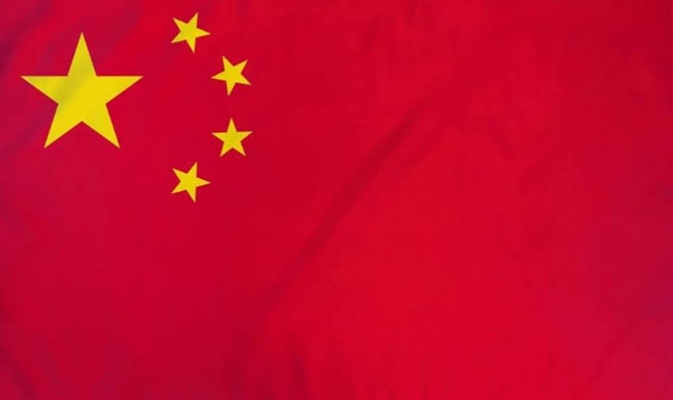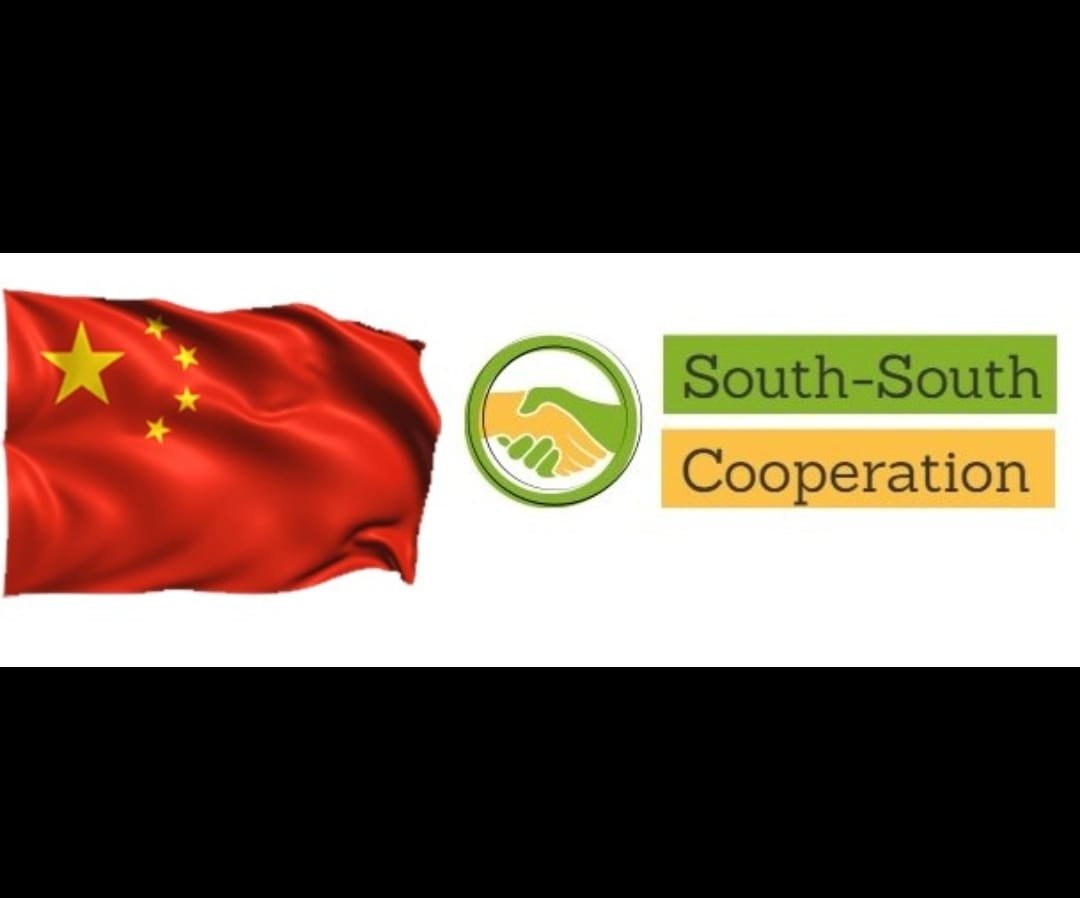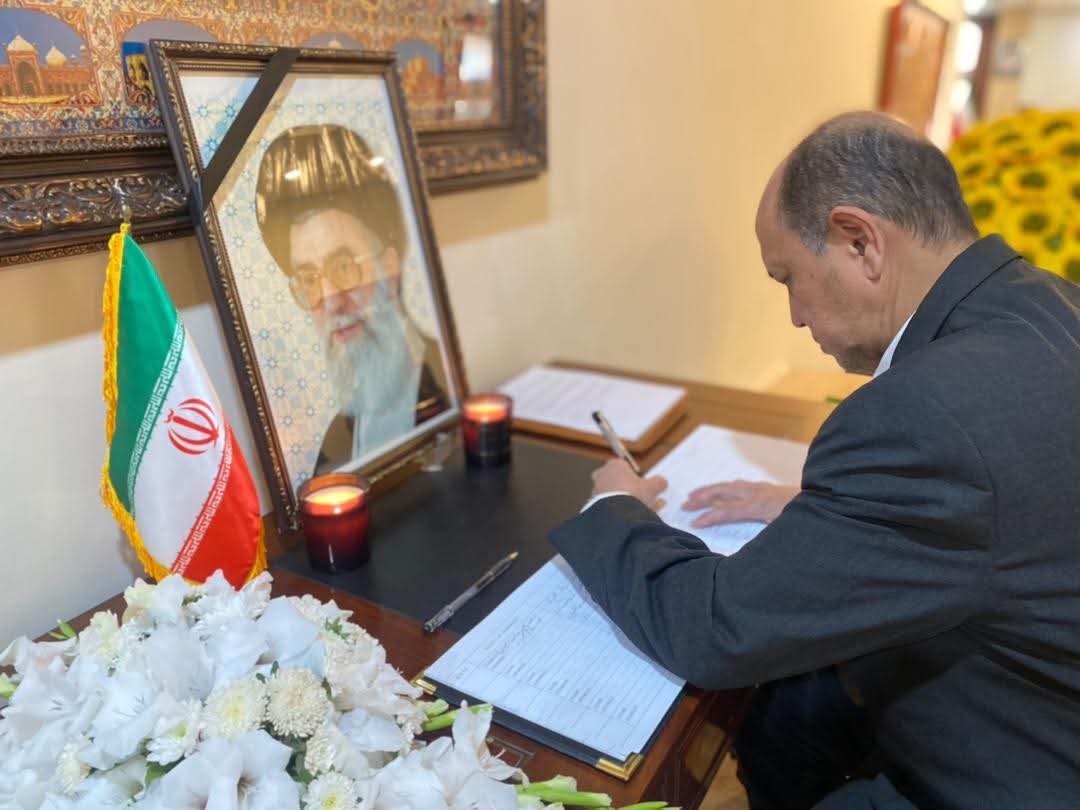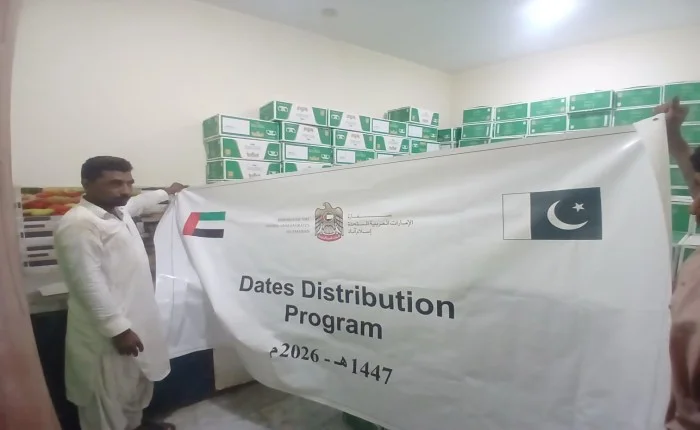Beijing, May 22, 2024, The Europe Today: In a statement on Tuesday, a spokesperson for the State Council Taiwan Affairs Office strongly condemned Taiwan’s new leader, Lai Ching-te, for his pro-independence rhetoric during his inaugural speech. The spokesperson, Chen Binhua, characterized Lai’s remarks as hostile, provocative, and filled with deceit, labeling them a blatant confession of “Taiwan independence.”
Chen asserted that Lai’s speech reveals him as a “traitor to mainstream public opinion on the island and a disruptor of peace and stability across the Taiwan Strait.” From the outset of his tenure, Lai has shown his true colors as a radical advocate for Taiwan’s independence, Chen said, accusing him of adopting an arrogant attitude and extreme views.
Chen criticized Lai for failing to address the fundamental nature of cross-Strait relations and for attempting to alter these relations, posing a serious challenge to the one-China principle. He reiterated that Taiwan is an inalienable part of China, and its future must be determined by all Chinese people, including those in Taiwan.
Lai’s appeal to external forces to support his independence agenda was also denounced. Chen warned that Lai’s reliance on foreign support would render him merely a “pawn” that would eventually be discarded, as the pursuit of Taiwan independence is a “dead end.” He cautioned that inviting external forces to interfere would ultimately backfire.
“Compatriots on both sides of the Strait are Chinese and belong to the Chinese nation. No one desires more than we do to achieve national reunification through peaceful means,” Chen stated. However, he emphasized that in response to the Democratic Progressive Party (DPP) authorities’ collusion with external forces to provoke independence, counteractions and punitive measures are necessary.
Chen accused Lai of inciting anti-China sentiments and warned that his push for independence could lead Taiwan into a dangerous situation, potentially resulting in military conflict. Despite Lai’s superficial talk of “dialogue” and “exchanges,” Chen argued that these remarks were intended to mislead people into believing Lai had genuine intentions to improve cross-Strait relations.
Chen pointed out that the inability of mainland residents and students to travel to Taiwan for tourism or study is a consequence of the DPP authorities’ policies. He argued that Lai showed no real intent to promote cross-Strait exchanges or to improve Taiwan’s economy.
“No matter what Lai says or how he says it, it cannot change the fact that Taiwan is part of China, nor can it alter the common desire of compatriots on both sides of the Strait to become closer and more connected. It also cannot stop the irreversible trend of China’s reunification,” Chen concluded.





